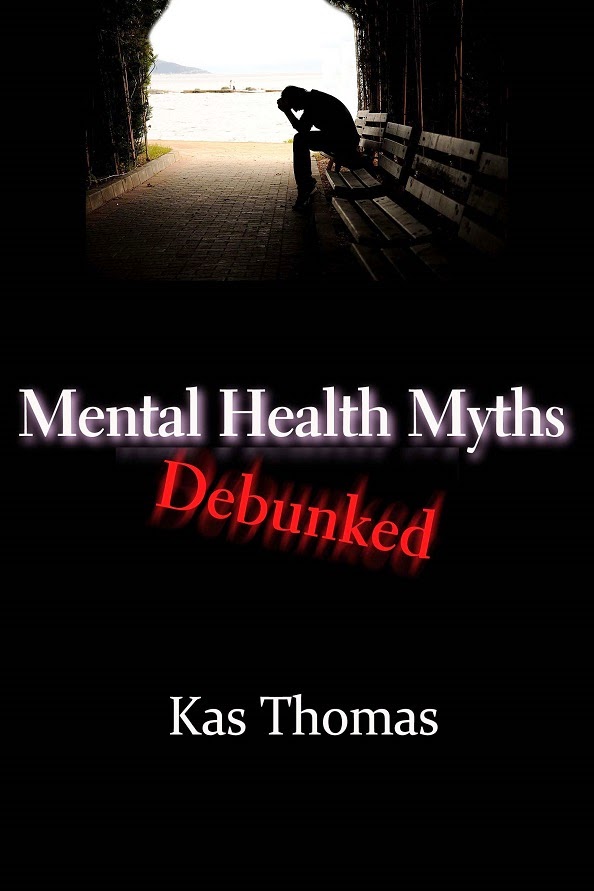One of the signature work products of the HR overclass, a feature now found throughout corporate America, is the periodic performance review. Arguably, this is not an invention of HR per se, since such reviews apparently existed as far back as third-century China, but by the 1980s GE CEO Jack Welsh’s “rank-and-yank” system had become a commonplace in corporations around the world, a symbol of compliance with the Drucker "management by objectives" mantra, unassailable evidence of corporate commitment to "excellence."
The trouble is, it doesn't work. In fact, it not only doesn't work, it's demonstrably counterproductive. Like so many HR inventions, the performance review actually adds negative value.
- A 1998 study by Development Dimensions Incorporated, found that employers themselves expressed overwhelming dissatisfaction with performance reviews.
- The consulting firm People IQ, in a 2005 national survey, found that 87% of employees and managers felt performance reviews were neither useful nor effective.
- In an article published in The Psychological Bulletin, psychologists A. Kluger and A. Denisi did a meta-analysis of 607 studies of performance evaluations and concluded that at least 30% of performance reviews produced decreased employee performance.
- Tom Coens and Mary Jenkins, in Abolishing Performance Appraisals: Why They Backfire and What To Do Instead, list studies that clearly show performance appraisals do not work and go on to outline what could replace them.
- Aubrey C. Daniels, author of Oops! 13 Management Practices That Waste Time and Money, argues that performance appraisals are counter-productive, citing a study by the Society for Human Resource Management that found 90% of performance appraisals are painful and don’t work; and they produce an extremely low percentage of top performers.
- Garold L. Markle, in his book, Catalytic Coaching: The End of The Performance Review, argues that performance reviews have reached the end of their utility and should be replaced with a manager-employee coaching system.
Stanford University Professor Bob Sutton notes that doing performance evaluations well is like doing “blood-letting well—it is a bad practice that does more harm than good in all or nearly all cases.” Sutton argues, in his book (with co-author Jeffrey Pfeffer, a psychologist) Hard Facts, Dangerous Half-Truths And Total Nonsense, “performance rankings can lead to destructive internal competition, which can make it tough to build a culture of knowledge sharing. In addition, there seems to be a self-fulfilling prophecy at work, in which a person who receives a poor evaluation does even worse in the subsequent rating period.”
What to do? Quite simply, stop. Whether you're a manager or a line employee, just refuse to participate in performance reviews.
When I was a manager at Novell (circa 2007), HR decided, as part of its ongoing
I might add, parenthetically, that during the entire seven-year period I worked for Novell, the company never made a profit. (This was after Eric Schmidt's era. It didn't prosper under him, either, though. At Google he's a genius; at Novell we was just another inept CEO.)
Bottom line: Just boycott the review process. It's meaningless. It adds negative value. Like HR itself, it needs to die.
☙ ❧
 Tired of lies and half-truths about mental illness? Arm yourself with some facts. Check out my free book Mental Health Myths Debunked.
Tons of info, tons of live links, lots of straight talk about
depression, suicide, meds, therapy, psychiatry, mental health trends, statistics,
and more. And you know me, I call bullshit on bogus ideas (then give
URLs to the actual data, so you can weigh the evidence for yourself). The idea that antidepressants take weeks to do
anything? Myth. Most people benefit from antidepressants? Myth.
Antidepressants separate from placebo in clinical trials? Largely myth.
(Half the trials show separation. Half don't.) Electroshock therapy is
safe and effective? Bigtime myth. ECT is dangerous and consent forms are based on obsolete data. But don't take my
word for it: Read the science for yourself. It's all laid out (with
references) in the book. Download ePub or PDF now at NoiseTrade. Tell a friend.
Tired of lies and half-truths about mental illness? Arm yourself with some facts. Check out my free book Mental Health Myths Debunked.
Tons of info, tons of live links, lots of straight talk about
depression, suicide, meds, therapy, psychiatry, mental health trends, statistics,
and more. And you know me, I call bullshit on bogus ideas (then give
URLs to the actual data, so you can weigh the evidence for yourself). The idea that antidepressants take weeks to do
anything? Myth. Most people benefit from antidepressants? Myth.
Antidepressants separate from placebo in clinical trials? Largely myth.
(Half the trials show separation. Half don't.) Electroshock therapy is
safe and effective? Bigtime myth. ECT is dangerous and consent forms are based on obsolete data. But don't take my
word for it: Read the science for yourself. It's all laid out (with
references) in the book. Download ePub or PDF now at NoiseTrade. Tell a friend.
☙ ❧
























































































Have you added your name to our mailing list?
Also please visit HackYourDepression.com when you have a chance, and share that link with someone you know who might be suffering from anxiety or depression.
